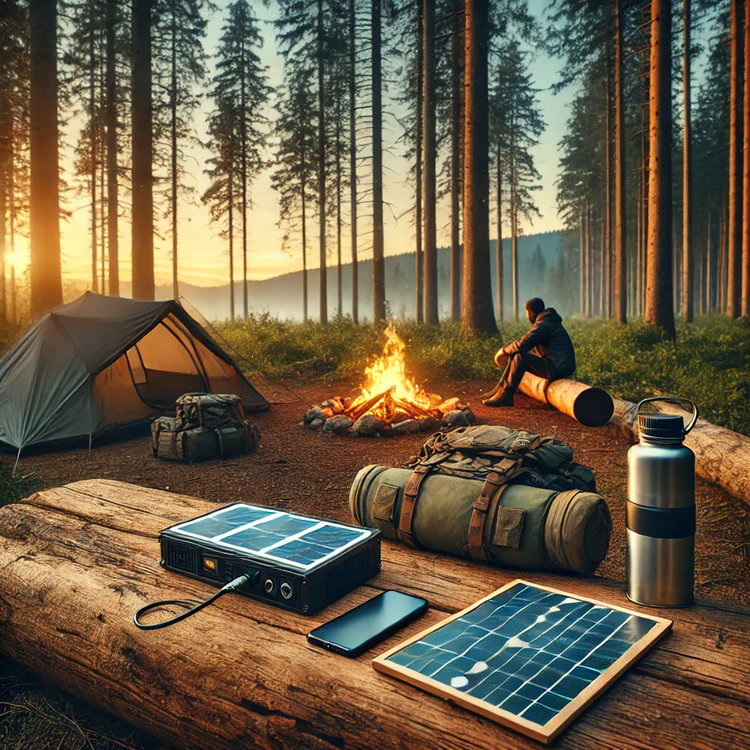Off-grid travel represents the ultimate escape from the digital world, inviting travelers to disconnect from technology and reconnect with nature. This emerging trend appeals to those seeking solitude, adventure, and a break from constant connectivity. In an age dominated by screens and social media, the allure of unplugging and immersing oneself in untouched landscapes has never been stronger. Off-grid experiences range from staying in remote cabins and mountain lodges to embarking on wilderness treks and sailing expeditions, where the only form of communication might be with the surrounding environment.
By stepping away from the digital noise, travelers experience profound relaxation and mental clarity. The absence of internet and mobile networks forces individuals to be present, engage with their surroundings, and embrace the simplicity of life. This form of travel often involves activities such as hiking, fishing, foraging, and stargazing, all of which deepen one’s connection to the natural world. The physical exertion and challenges that come with off-grid adventures foster self-sufficiency, resilience, and a deeper appreciation for the environment.
Off-grid travel destinations are as diverse as the travelers who seek them. From the Arctic tundra and the deserts of Africa to secluded islands and dense forests, the possibilities are endless. Popular destinations include Iceland’s highlands, the Patagonian wilderness in South America, and the remote fjords of Norway. Each location offers a unique blend of adventure and tranquility, where travelers can explore vast landscapes without the distractions of modern life.
Beyond the personal benefits, off-grid travel plays a crucial role in promoting environmental conservation. Many off-grid accommodations are designed with sustainability in mind, utilizing solar power, rainwater harvesting, and composting toilets to minimize their ecological footprint. By choosing to explore these remote areas, travelers indirectly support conservation efforts and contribute to the preservation of natural habitats.
Off-grid travel is not without its challenges, and that is part of the appeal. The need to plan meticulously, carry essential supplies, and rely on one’s instincts adds an element of adventure that is often missing in conventional tourism. For many, the experience of overcoming obstacles and thriving in the wild instills a sense of accomplishment and renewed confidence.
As off-grid travel grows in popularity, the industry is evolving to meet the demand. Companies now offer curated off-grid experiences, providing travelers with the necessary gear, guides, and itineraries to ensure a safe and enriching journey. From guided wilderness retreats to self-sufficient tiny homes in remote areas, the options for off-grid travel are expanding, making it easier than ever to disconnect and rediscover the beauty of the natural world.
Ultimately, off-grid travel is about more than just escaping technology – it is a return to simplicity, a celebration of nature, and a reminder of the joy found in life’s most basic experiences. In a fast-paced, hyper-connected world, the opportunity to disconnect and reconnect with oneself and the environment is not just desirable but essential.

Leave a Reply